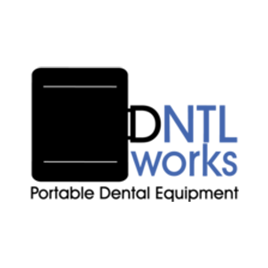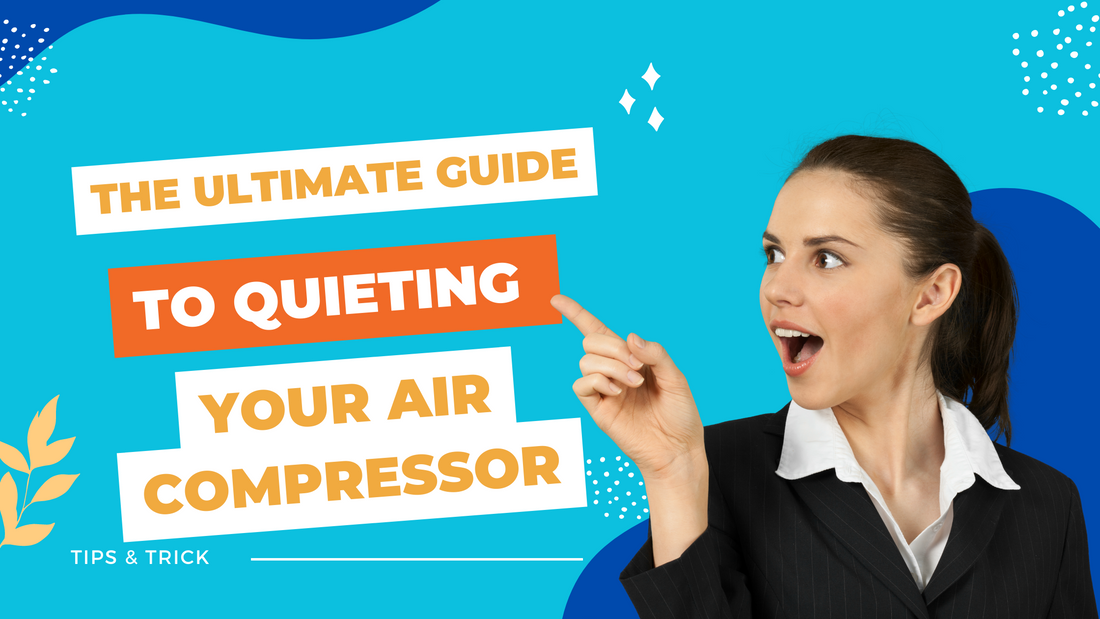If you work with an air compressor, you know how loud and disruptive it can be. Fortunately, there are several steps you can take to make your air compressor quieter and create a more peaceful work environment. From soundproofing to maintenance, here are some tips to help you reduce the noise of your air compressor.
Identify the source of the noise.
First things first, it's important to identify the source of the noise. Is it coming from the motor, compressor, or air intake? Once you know the source, you can take specific steps to address it.
Before you can effectively quiet your air compressor, you need to identify the source of the noise. Is it coming from the motor, the compressor itself, or the air intake? Once you know where the noise is coming from, you can take specific steps to address it. For example, if the noise is coming from the motor, you may need to replace worn or damaged parts. If the noise is coming from the compressor, you may need to add soundproofing materials or adjust the pressure settings.
Insulate the compressor and surrounding area.
One effective way to reduce the noise of your air compressor is to insulate the compressor and the surrounding area. This can be done by adding soundproofing materials such as acoustic foam or mass loaded vinyl to the walls and ceiling of the room where the compressor is located. You can also add insulation to the compressor itself by wrapping it in a soundproofing blanket or using a soundproofing enclosure. Additionally, make sure to seal any gaps or cracks in the room to prevent sound from escaping.
If you want to take your soundproofing to the next level, you can also consider building a separate room or enclosure specifically for your air compressor. This will not only help to further reduce the noise levels, but it can also provide additional protection for the compressor from dust, moisture, and other environmental factors. A separate room can also make it easier to access and maintain the compressor without disturbing other workers in the area. Just be sure to properly ventilate the room to prevent any buildup of heat or fumes. With a bit of creativity and effort, you can create a quieter and more comfortable work environment for yourself and your colleagues.
Use vibration pads or mounts.
Another way to reduce the noise of your air compressor is to use vibration pads or mounts. These are designed to absorb the vibrations that are created when the compressor is running, which can help to reduce the overall noise level. You can find vibration pads or mounts at most hardware or home improvement stores, and they are relatively easy to install. Simply place them under the feet of the compressor or attach them to the bottom of the compressor using screws or bolts. This will help to reduce the amount of noise that is transmitted through the floor or walls of your workspace.
Additionally, investing in a newer, quieter air compressor Like Dntlworks ProCarts can also significantly reduce noise levels. Many newer models are designed with noise reduction in mind and use innovative technology to minimize the amount of sound they produce. While this option may require a larger initial investment, it can ultimately save you time and money in the long run by providing a quieter and more efficient workspace. Before making a purchase, be sure to research different models and read reviews to find the best one for your specific needs and budget.
Regularly maintain and clean the compressor.
Regular maintenance and cleaning of your air compressor can also help to reduce noise levels. Over time, dust and debris can build up inside the compressor, causing it to work harder and produce more noise. Make sure to clean the air filter regularly and check for any leaks or loose parts that may be causing excess noise. Additionally, lubricating the moving parts of the compressor can help to reduce friction and noise. Follow the manufacturer's instructions for maintenance and cleaning to ensure your compressor is running at its best and quietest.
Lastly, consider investing in a new, quieter Portable Dental unit if your current one is outdated or excessively loud. Many newer models are designed with noise reduction in mind, utilizing features such as sound-insulating covers or low-noise motors. While purchasing a new air compressor may require a larger initial investment, it may ultimately save you money in the long run by reducing energy costs and minimizing the need for repairs. Plus, you'll be able to enjoy a more peaceful and productive work environment without the constant interruption of loud compressor noise.

